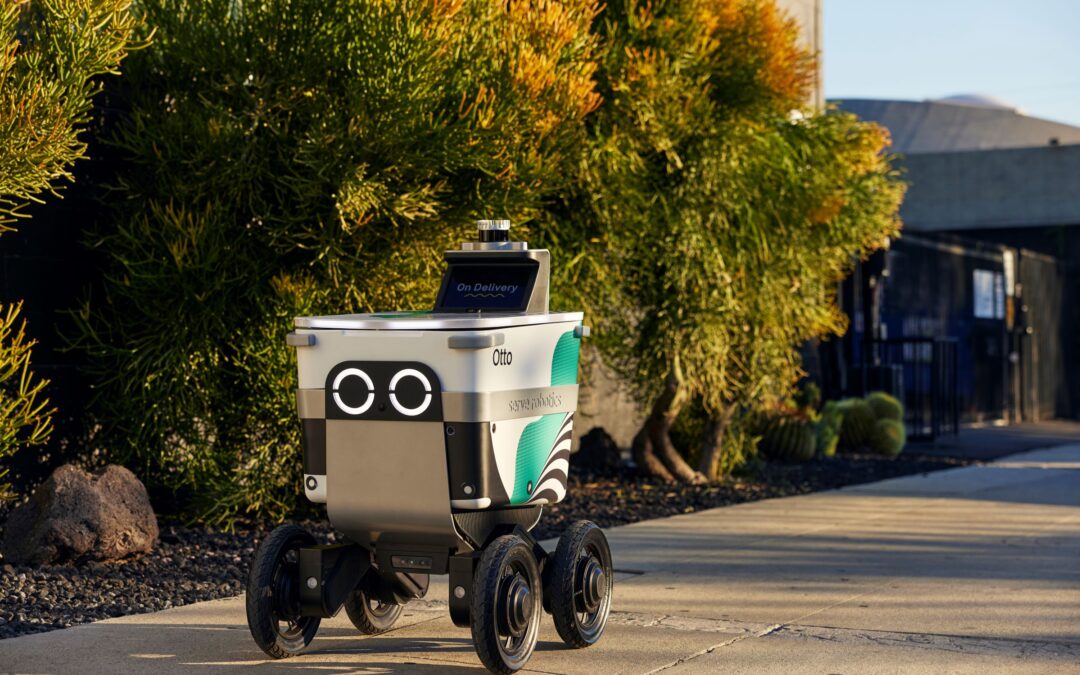Automation is revolutionizing industries worldwide, with robotics playing a pivotal role in this transformation. While large companies often grab the spotlight, small-cap robotics stocks are quietly emerging as key players, delivering cutting-edge innovation and significant growth potential. These under-the-radar investments could become the foundation of the next technological leap.
What Are Small-Cap Robotics Stocks?
Small-cap robotics stocks refer to publicly traded companies in the robotics industry with a market capitalization typically between $300 million and $2 billion. Unlike well-established giants, these companies are often younger, more agile, and heavily focused on niche markets within the robotics and automation sectors. Their compact size allows them to adapt quickly, innovate faster, and pursue growth strategies that larger corporations might overlook.
Examples of small-cap robotics companies include Nauticus Robotics, which develops autonomous underwater robots, and ReWalk Robotics, specializing in wearable exoskeleton technology for medical applications. By focusing on specific, underserved markets, these companies position themselves as vital players in the broader automation ecosystem.
Why Small-Cap Robotics Stocks Hold Unique Appeal
The allure of small-cap robotics stocks lies in their ability to deliver higher returns due to their growth potential. As startups and smaller companies, they often operate at the cutting edge of innovation, introducing groundbreaking technologies in areas like AI-driven automation, medical robotics, and industrial robotics.
Moreover, investing in small-cap stocks allows investors to gain exposure to niche markets before they gain mainstream traction. For instance, Serve Robotics, a small-cap player, focuses on autonomous delivery robots—a burgeoning market fueled by the rise of e-commerce and last-mile logistics challenges.
While these stocks can be more volatile, their ability to outperform larger competitors during industry booms makes them attractive to growth-oriented investors.
Small-Cap Robotics’ Role in Driving Automation
Small-cap robotics companies are pivotal to the automation revolution, addressing unique challenges that larger firms may not prioritize. For example:
- Serve Robotics: Leading the way in last-mile delivery with compact, autonomous robots designed to navigate sidewalks and urban environments.
- ReWalk Robotics: Innovating wearable exoskeletons that enable people with lower-limb disabilities to walk again, pushing the boundaries of healthcare technology.
- Nauticus Robotics: Streamlining deep-sea exploration and maintenance with autonomous robots, reducing costs for industries like oil and gas.
- Myomo Inc.: Empowering individuals with neurological disabilities through robotic arm support, transforming healthcare accessibility.
These companies demonstrate how small-cap robotics firms solve highly specialized problems while playing vital roles in broader automation trends.
The Growing Market for Robotics and Automation
The global robotics market is projected to grow exponentially, with estimates reaching $214 billion by 2030. Key drivers of this growth include increasing labor shortages, the rise of e-commerce, and advancements in AI and IoT technologies.
Small-cap robotics firms like Serve Robotics and ReWalk Robotics are well-positioned to capitalize on these trends. Serve Robotics benefits from the e-commerce boom, offering scalable solutions for delivery logistics, while ReWalk Robotics addresses the healthcare sector’s need for innovative rehabilitation tools. As these companies refine their products and expand their market reach, they could capture significant shares of their respective markets.
Risks and Challenges to Consider
While small-cap robotics stocks offer immense potential, they are not without risks. These companies often have limited financial resources, making them vulnerable to market downturns or delays in product development. For instance, Serve Robotics’ reliance on partnerships with larger platforms like Uber Eats could expose it to operational risks, while ReWalk Robotics must navigate healthcare regulations and insurance reimbursement challenges.
Investors should also be aware of the volatility associated with small-cap stocks. Prices can swing significantly based on market sentiment, making thorough research and risk assessment critical before investing.
Conclusion: The Future of Small-Cap Robotics
Small-cap robotics stocks are poised to play a crucial role in shaping the future of automation. By addressing niche markets and leveraging innovative technologies, these companies offer investors the chance to get in early on the next big thing. While risks exist, the potential rewards make these stocks a compelling option for those willing to navigate the volatility of the small-cap space.
As the automation revolution accelerates, keeping an eye on small-cap robotics could be a smart move for forward-thinking investors.

